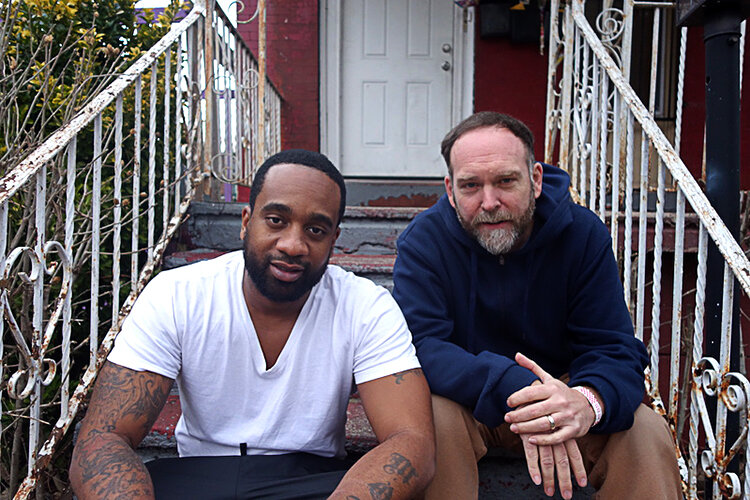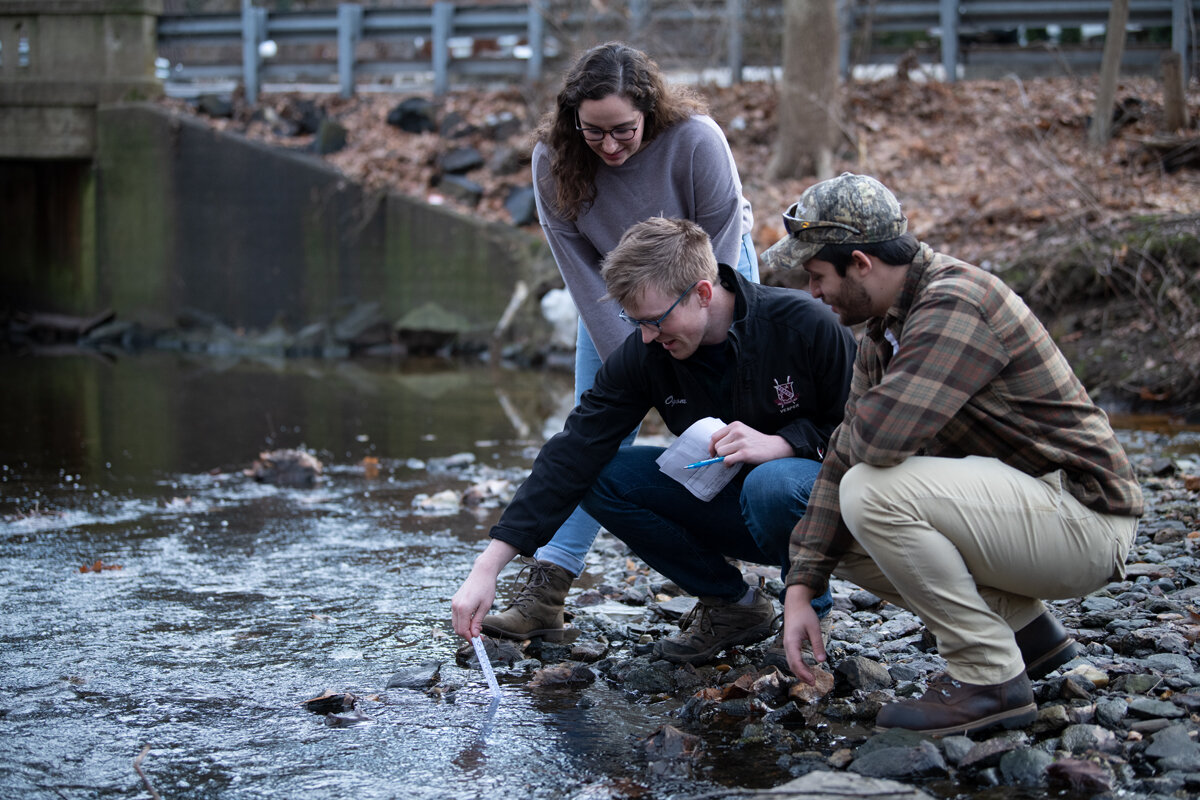Photo Courtesy of Future City Philadelphia
By Francesca Furey
On January 18, 40 middle school teams from the Philadelphia region will attend the DiscoverE Future City Competition. Teams hail from the city, and surrounding counties including Lehigh Valley, Southern New Jersey and Delaware.
The 6th through 8th grade students are introduced to a “hands-on” engineering challenge that combines imagination, design strategies, and how to bring their vision of a city to life.
Future City, a nonprofit educational program, seeks to create connections between STEM — especially engineering — and everyday life for young students. Currently, over 40,000 students and 1,350 schools participate in its program nationwide.
Since September, Philadelphia-region students designed and created cities on large tabletop models reflective of this year’s theme: “Clean Water: Tap into Tomorrow.” Competitors create and build depictions of imaginary cities, and the design must include sufficient access to a water supply for the nearby population.
A competition focused on this problem is timely and necessary — on January 14, it was reported the tap water of 500,000 Minnesotans is contaminated with high levels of nitrate, and the city of Flint, Michigan, is still reeling from tainted water containing lead and other toxins. Only several months ago did the Environmental Protection Agency begin to draft major revisions of federal regulations on drinking water, CNN reported.
“Living and working in a city between two rivers I’m always reminded about water as a resource,” says Jennifer Wetzel, Philadelphia regional coordinator and director of design and construction at the University of Pennsylvania. “If anyone can solve the problem of making sure future cities have a reliable source of drinking water, it’s students involved in Future City.”
Archbishop Carroll High School in Radnor, PA, will host the contest on January 18 from 9 a.m. to 4:30 p.m., and students’ solutions for urban water access will be judged by panelists. During this time, students, teachers, parents, engineers, volunteers and judges view each city and conduct informal interviews. After a preliminary evaluation in the morning, finalists will be announced. This is followed by finalist teams presenting and defending their design choices to the judging panel.
The team with the best overall city design will receive an all-expense-paid trip to Future City’s national competition in Washington, D.C. in February.
Check out the overview of last year’s Philadelphia Future City Competition below:









